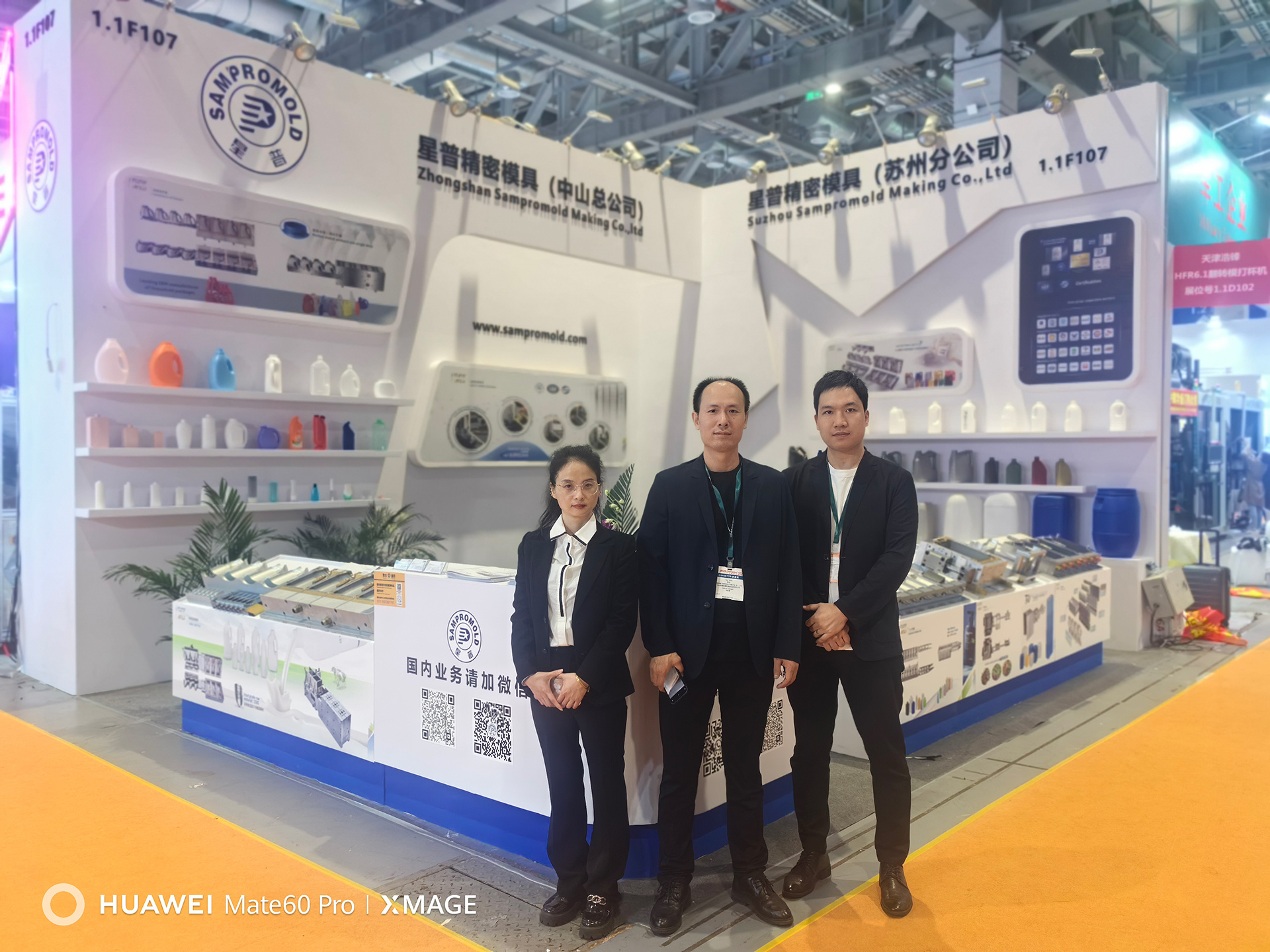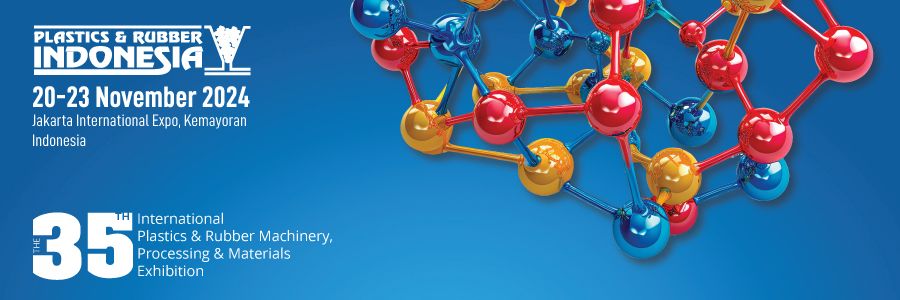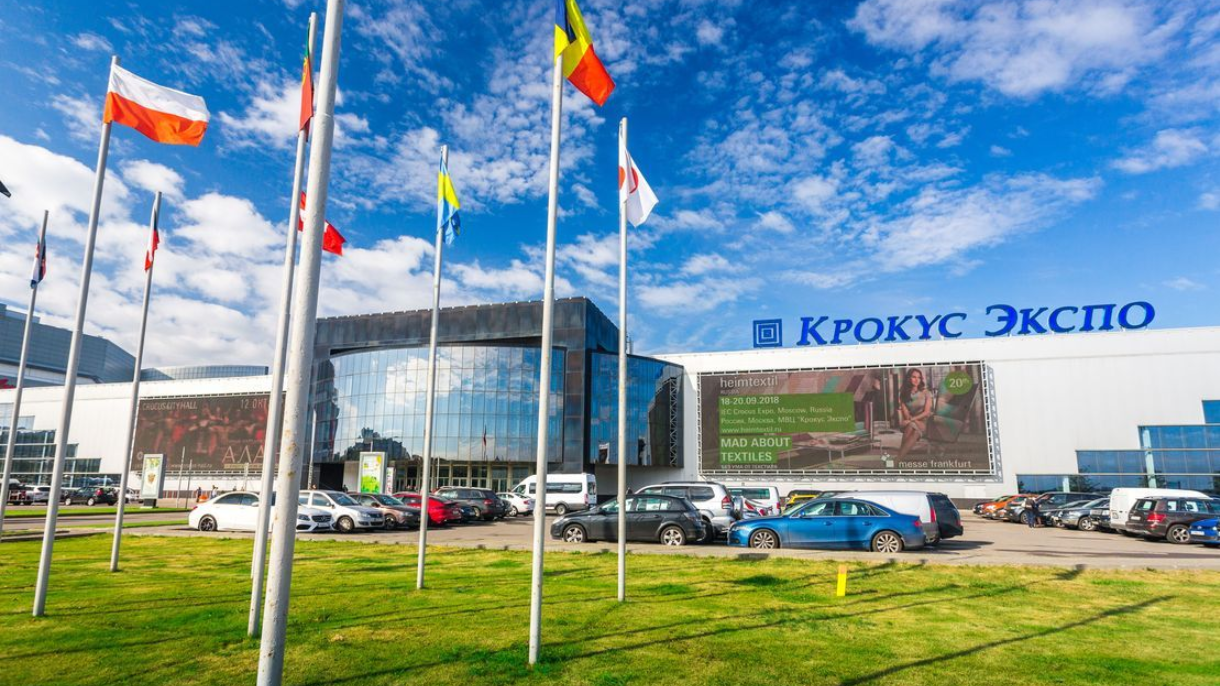Unlocking Efficiency: The Benefits of Advanced 25L Jerrycan Bottle Blow Molding
Time:
2025-04-19
Unlocking Efficiency: The Benefits of Advanced 25L Jerrycan Bottle Blow Molding
Table of Contents
- Introduction to Blow Molding Technology
- Understanding Blow Molding
- Advanced Blow Molding Techniques
- Benefits of Advanced 25L Jerrycan Bottle Blow Molding
- Improved Production Efficiency
- Cost-Effectiveness of Blow Molding
- Sustainability and Environmental Impact
- Industry Applications of 25L Jerrycan Bottles
- Future Trends in Blow Molding Technology
- Conclusion
- Frequently Asked Questions
Introduction to Blow Molding Technology
In the ever-evolving landscape of manufacturing, **blow molding technology** stands out as a critical innovation for producing plastic containers. Among these, the **25L jerrycan bottle** has become a standard in various industries, including chemicals, food, and beverages. This article delves into the advantages of advanced blow molding techniques, highlighting how they contribute to efficiency, quality, and sustainability.
Understanding Blow Molding
Blow molding is a manufacturing process used to create hollow plastic parts. The process involves three main steps: **extrusion**, **molding**, and **blowing**. During extrusion, a tube-like piece of plastic (known as a parison) is formed. This parison is then placed within a mold, where it is inflated using air to take on the shape of the mold. Understanding the intricacies of blow molding is essential for appreciating its benefits.
Types of Blow Molding
There are several types of blow molding processes, each tailored for specific applications:
1. **Extrusion Blow Molding**: The most common method used for producing 25L jerrycan bottles, it allows for high-volume production with excellent wall thickness control.
2. **Injection Blow Molding**: This technique combines injection molding and blow molding, offering superior precision and surface finish, typically used for smaller bottles.
3. **Stretch Blow Molding**: Suitable for making high-strength bottles, this method stretches the parison before blowing, enhancing clarity and mechanical properties.
Advanced Blow Molding Techniques
As industries demand higher efficiency and better quality, advanced blow molding technologies have emerged. These innovations include:
1. **Multi-layer Blow Molding**: This technique utilizes multiple layers of plastic to enhance barrier properties, making the bottles suitable for storing various substances.
2. **Computer Numerical Control (CNC) Technology**: Implementing CNC technology enhances precision in molding processes and reduces waste through optimized manufacturing.
3. **Real-time Monitoring Systems**: Integration of monitoring systems ensures that production processes are constantly optimized, reducing downtime and improving quality control.
Benefits of Advanced 25L Jerrycan Bottle Blow Molding
The production of **25L jerrycan bottles** through advanced blow molding techniques offers numerous advantages:
Enhanced Design Flexibility
Advanced blow molding allows for intricate designs and shapes that cater to specific industry needs. Manufacturers can customize their jerrycan bottles not just for aesthetics but also for functionality.
Superior Quality and Durability
With the precision of advanced blow molding, the resulting bottles exhibit enhanced durability and quality. They are less prone to leaks and can withstand varying environmental conditions, making them ideal for transporting chemicals and other substances.
Reduced Production Time
Automation and advanced technologies streamline the production process, leading to quicker turnaround times. Manufacturers can produce larger quantities of jerrycans in a shorter timeframe, thus meeting market demands effectively.
Improved Production Efficiency
Efficiency is a central theme in modern manufacturing. Advanced blow molding techniques significantly improve production efficiency in several ways:
1. **Minimized Material Waste**: By optimizing the blow molding process, manufacturers can reduce scrap rates and recycle materials more effectively.
2. **Faster Cycle Times**: Advanced machinery enables shorter cycle times, which means more products can be produced in less time.
3. **Lower Energy Consumption**: Enhanced machinery design and automation lead to reduced energy usage, contributing to overall operational efficiency.
Cost-Effectiveness of Blow Molding
In addition to efficiency, the cost-effectiveness of producing 25L jerrycan bottles through advanced blow molding techniques cannot be overstated:
1. **Lower Manufacturing Costs**: Reduced material waste and shorter production times translate to lower costs per unit produced.
2. **Long-Term Savings**: Investing in advanced blow molding technology may require upfront capital but leads to significant long-term savings through improved efficiency and reduced operational costs.
3. **Competitive Advantage**: Companies can offer more competitive pricing to customers, enhancing their market position and profitability.
Sustainability and Environmental Impact
As the world increasingly focuses on **sustainability**, advanced blow molding techniques contribute positively to environmental efforts:
1. **Use of Recyclable Materials**: Many blow-molded products can be made from recyclable plastics, reducing environmental impact.
2. **Lower Carbon Footprint**: Advanced technologies often require less energy, resulting in lower carbon emissions during production.
3. **Sustainable Production Practices**: The reduced waste and energy consumption aligned with advanced blow molding processes contribute to more sustainable manufacturing practices.
Industry Applications of 25L Jerrycan Bottles
The versatility of 25L jerrycan bottles produced through advanced blow molding makes them applicable across various industries:
1. **Chemical Industry**: These bottles are often used for transporting and storing hazardous materials, requiring high durability and resistance.
2. **Food and Beverage Industry**: Many food products require secure and safe packaging that can also maintain freshness, making jerrycan bottles ideal.
3. **Agricultural Sector**: Jerrycan bottles are utilized for storing fertilizers, pesticides, and other agricultural chemicals that require secure packaging.
Future Trends in Blow Molding Technology
The future of blow molding technology looks promising, with several trends gaining traction:
1. **Smart Manufacturing**: The integration of IoT technology in blow molding processes will enable real-time data analysis, further enhancing production efficiency.
2. **Biodegradable Plastics**: There is a growing interest in developing blow-molded products from biodegradable materials, making them more environmentally friendly.
3. **Customization and Personalization**: As consumer demand for unique products increases, manufacturers will likely adopt more customizable blow molding options.
Conclusion
Advanced 25L jerrycan bottle blow molding represents a significant innovation in the manufacturing industry. The benefits of enhanced efficiency, cost-effectiveness, sustainability, and adaptability make it a preferred choice for various industries. Embracing these advanced techniques can lead to improved product quality and operational excellence, ensuring that businesses remain competitive in a rapidly evolving market.
Frequently Asked Questions
1. What materials are commonly used in 25L jerrycan bottle blow molding?
The most common materials include HDPE (High-Density Polyethylene) and PET (Polyethylene Terephthalate), known for their durability and chemical resistance.
2. How does blow molding compare to injection molding?
Blow molding is ideal for hollow objects like bottles, while injection molding is better for solid parts. Each process has its unique advantages based on the application.
3. What industries benefit the most from 25L jerrycan bottles?
The chemical, food and beverage, and agricultural industries are the primary sectors that benefit from 25L jerrycan bottles.
4. Can blow molding technology be integrated with automation?
Yes, modern blow molding systems can incorporate automation for improved efficiency, reduced labor costs, and higher precision.
5. What are the environmental benefits of advanced blow molding?
Advanced blow molding reduces energy consumption, minimizes waste, and allows the use of recyclable materials, contributing to more sustainable practices in manufacturing.
RELATED NEWS













